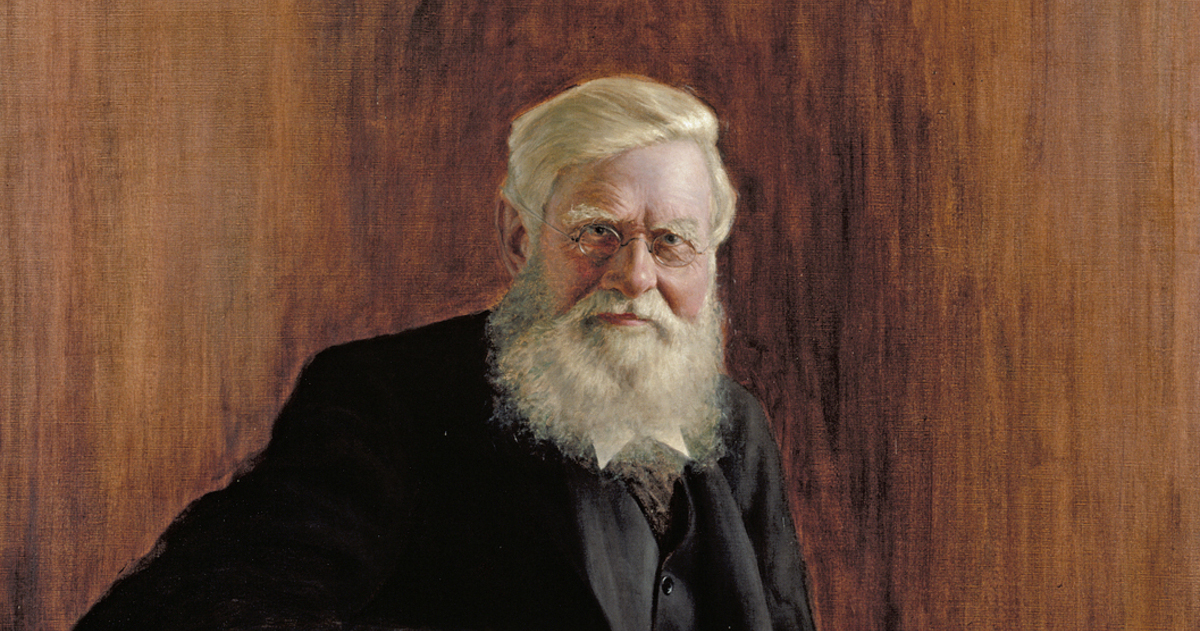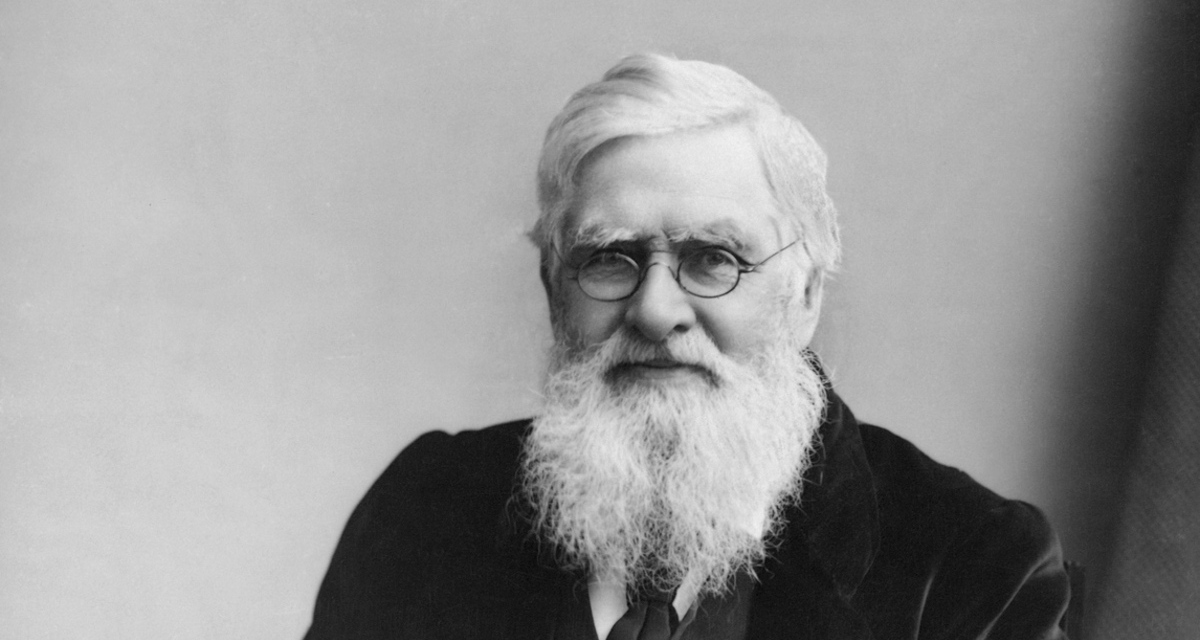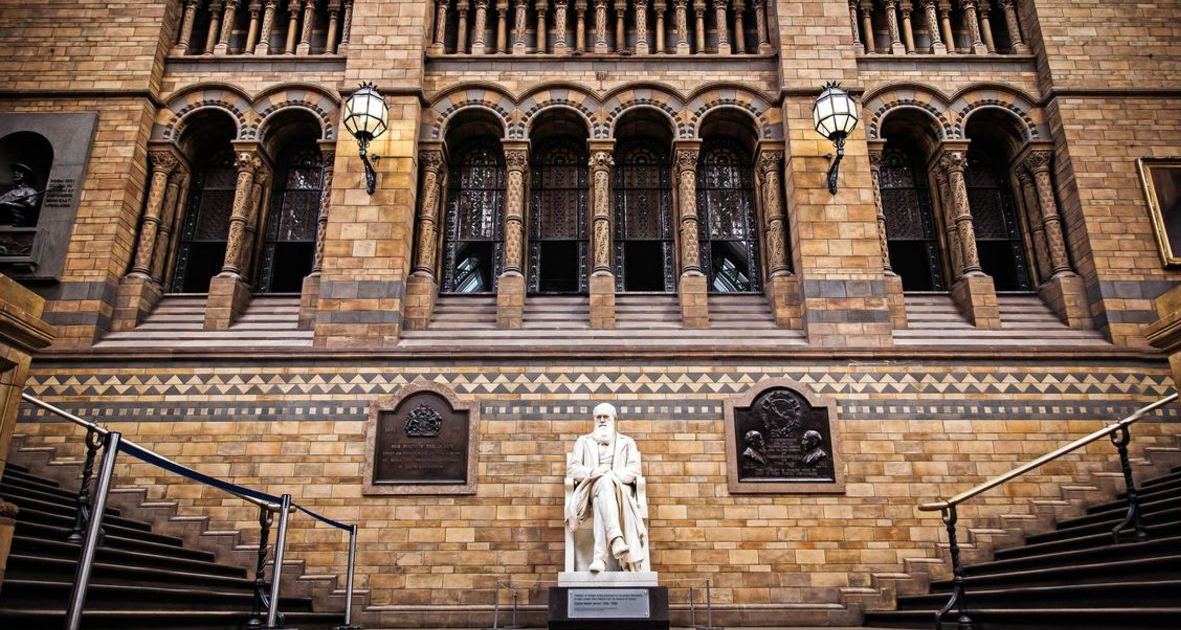
Dr. Michael Denton on Evidence of Fine-Tuning in the Universe
On this year 2012 episode of ID the Future from the vault, Australian biochemist Michael Denton discusses various ways the universe is uniquely fit for carbon-based life, and perhaps even human life. Denton argues that when it comes to evidence of fine-tuning in the universe, the more you look, the more you find. Tune in to discover what he has found that has led him to the inference that our world is intelligently designed. Denton is author of the new book The Miracle of the Cell, where he brings his fine-tuning arguments up to date with a fascinating dive into the extraordinary fine tuning of the chemical elements of life.





